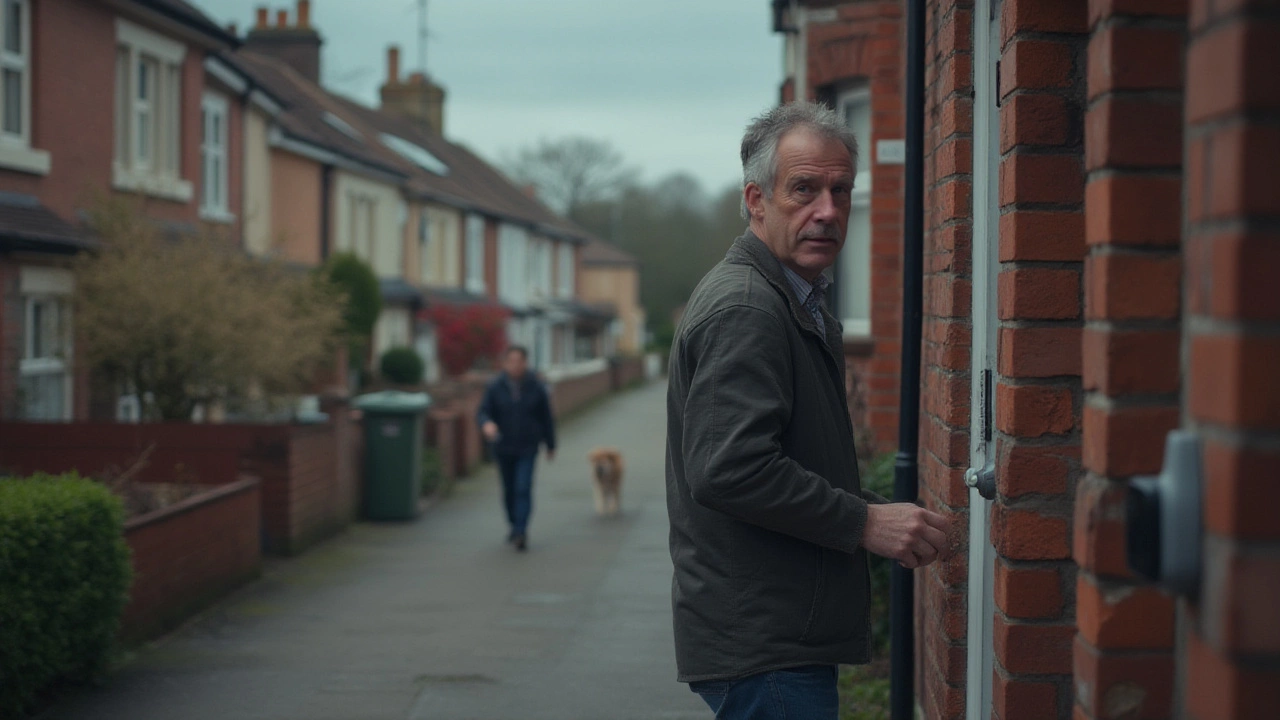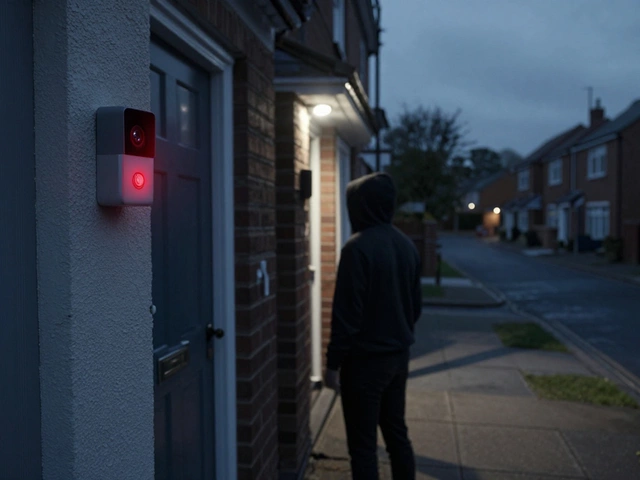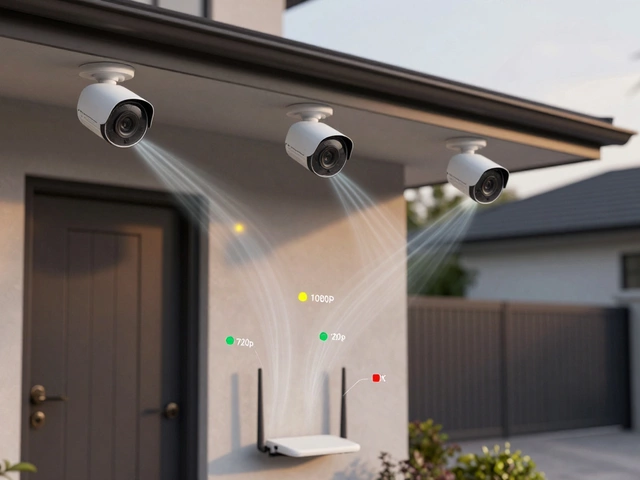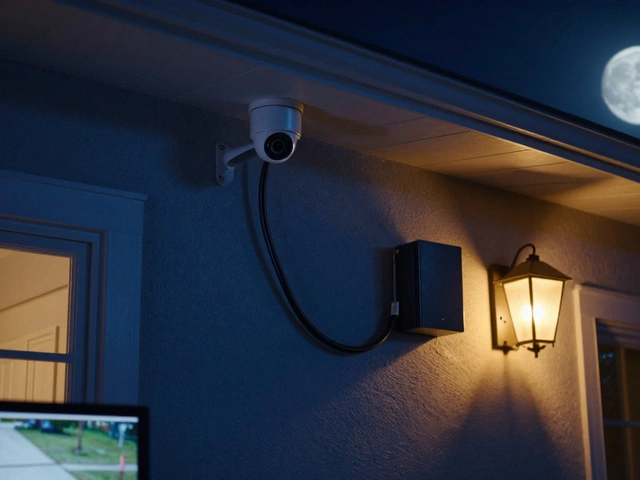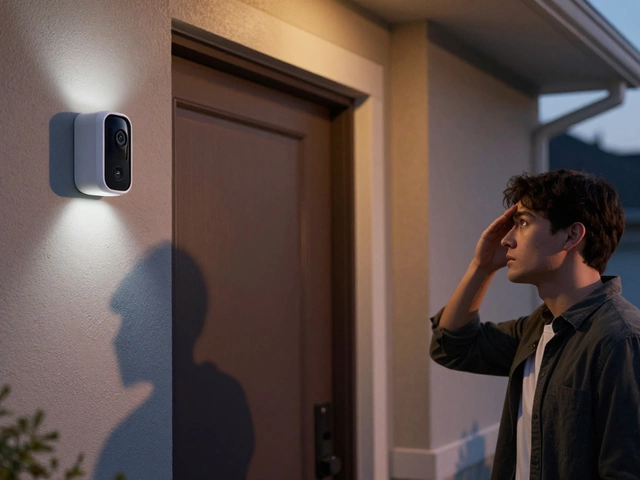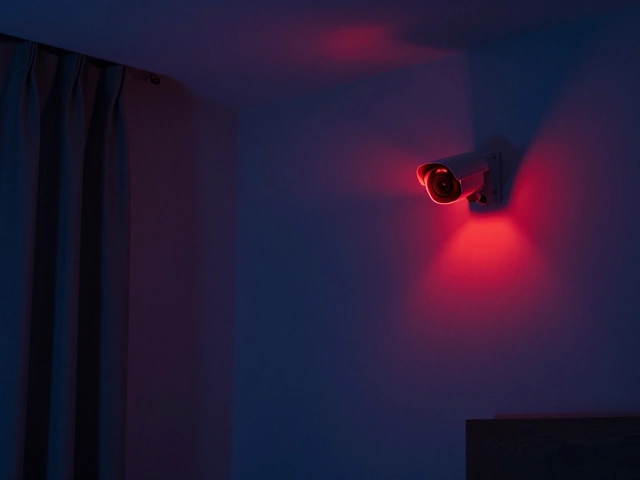Video Doorbell Laws in the UK – Your 2025 Quick Guide
Thinking about installing a video doorbell? You’re not just choosing a gadget, you’re also stepping into a legal minefield. In the UK, privacy rules and data protection laws dictate how you can record, store and share video footage. Ignoring them can lead to fines, neighbour disputes, or even a court case. Let’s break down the must‑know points so you can enjoy the convenience without the headaches.
What the Law Says About Recording Public and Private Space
Under the General Data Protection Regulation (GDPR) and the UK Data Protection Act, any video that captures identifiable people is personal data. That means you must have a legitimate reason to record – security is accepted, but you still need to be transparent. A clear sign stating that “CCTV in operation” is enough for most cases. If your doorbell captures the street beyond your front garden, you’re entering public‑space territory and should limit the field of view as much as possible.
Neighbour Rights and Complaints
Neighbours can complain if they feel their privacy is being invaded. The key is to keep the camera’s angle focused on your property line, not directly into theirs. If a neighbour raises an issue, politely explain the security purpose, show that you’ve minimized spill‑over, and offer to adjust the lens. In extreme cases, the local council might intervene or you could be asked to delete stored footage that includes them.
Another common worry is audio. Recording sound without consent is a clear breach of the Investigatory Powers Act. Most UK video doorbells default to video‑only, which is safe. If you enable audio, you need explicit consent from anyone recorded – not practical for a doorstep device.
Storing footage also matters. The Information Commissioner’s Office (ICO) expects you to keep recordings no longer than necessary. For a typical doorbell, 30 days is a sensible limit. Use a password‑protected app, enable encryption, and delete old files regularly. If you use a cloud service, make sure it’s GDPR‑compliant and based in the UK or EU.
What about sharing? If you post a clip online—say, to show a suspicious visitor—you must blur any faces that aren’t yours and remove licence plates. Sharing without redaction could be treated as unlawful processing of personal data.
Finally, check your tenancy or lease agreement. Some landlords forbid surveillance equipment that points beyond the rented premises. Neglecting this can jeopardise your tenancy.
Bottom line: Install the doorbell, point it squarely at your door, post a clear sign, keep recordings short, and never record audio without consent. Follow these steps and you’ll stay on the right side of UK video doorbell laws while enjoying peace of mind.

